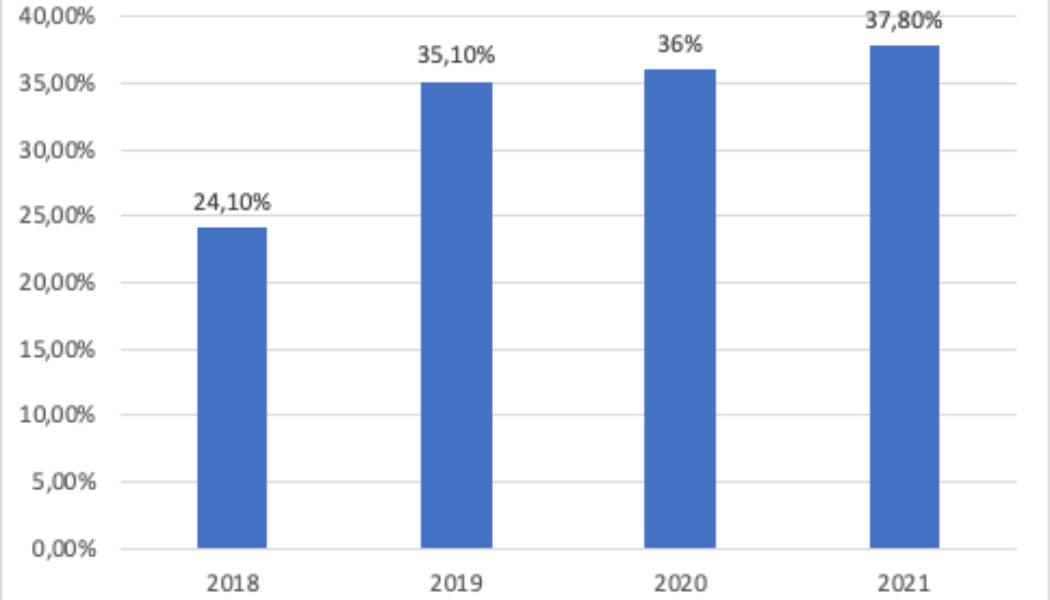Kaspersky news
These Are the Cyber Dangers Still Faced by SA’s SMEs
Image sourced from Pixabay Internet security provider Kaspersky says that small to medium-sized enterprises (SMEs) and other small businesses in South Africa are still facing many threats from cyber criminals and threat actors. What’s worse is that many small business owners do not use or believe it important to use cybersecurity services to secure their businesses. As commerce is moving ever continually online, this disregard for IT security continues to be exploited by cybercriminals. Kaspersky researchers assessed the dynamics of attacks on small and medium-sized businesses between January and April 2022 and the same period in 2021, to identify which threats pose an increasing danger to entrepreneurs. Cyber Threats Still Being Faced by SMEs in South Africa: In 2022, the number of Trojan...
Ukraine War Leads to Largest Ever Spike in DDoS Attacks – Kaspersky
Image sourced from Packetlabs. According to Russian cybersecurity group Kasperksy, compared to Q1 2021, the number of Distributed Denial of Service (DDoS) attacks in Q1 2022 rose 4.5 times with a considerable number of the attacks likely to be the result of hacktivist activity. Kaspersky says it operates independently from the Russian government, even as its antivirus software is being investigated in Europe. The firm continues that the attacks also showed an unprecedented duration for DDoS sessions, particularly those aimed at state resources and banks. Further information has been included in a report issued by Kaspersky. DDoS Attacks Distributed Denial of Service (DDoS) attacks are designed to interrupt network resources used by businesses and organisations and prevent them from functio...
Banking Malware Attacks Are “Becoming Increasingly Corporate” says Kaspersky
Image sourced from Finance Times. In 2021, the financial threats landscape witnessed positive changes where the overall number of users affected by malware reduced significantly, including a 35% drop in PC malware. Still, financial organisations, as cybercriminals’ most lucrative targets, continue to face massive threats. According to Kaspersky’s new Financial cyberthreats in 2021 report, attacks are becoming increasingly corporate rather than consumer-focused. In 2021, every third (37.8%) PC banking malware attack targeted corporate users, representing a growth of almost 14% since 2018. While 2021 saw an expansion in threats to financial organisations on a global scale, there was a continuation of the downward trend of PC and mobile malware previously seen in 2020. In fact, the numbe...
26% of SA SMBs Launched New Products During the Pandemic – Study
We use cookies on our website to give you the most relevant experience by remembering your preferences and repeat visits. By clicking “Accept All”, you consent to the use of ALL the cookies. However, you may visit “Cookie Settings” to provide a controlled consent. You Deserve to Make Money Even When you are looking for Dates Online. So we reimagined what a dating should be. It begins with giving you back power. Get to meet Beautiful people, chat and make money in the process. Earn rewards by chatting, sharing photos, blogging and help give users back their fair share of Internet revenue.
- 1
- 2























